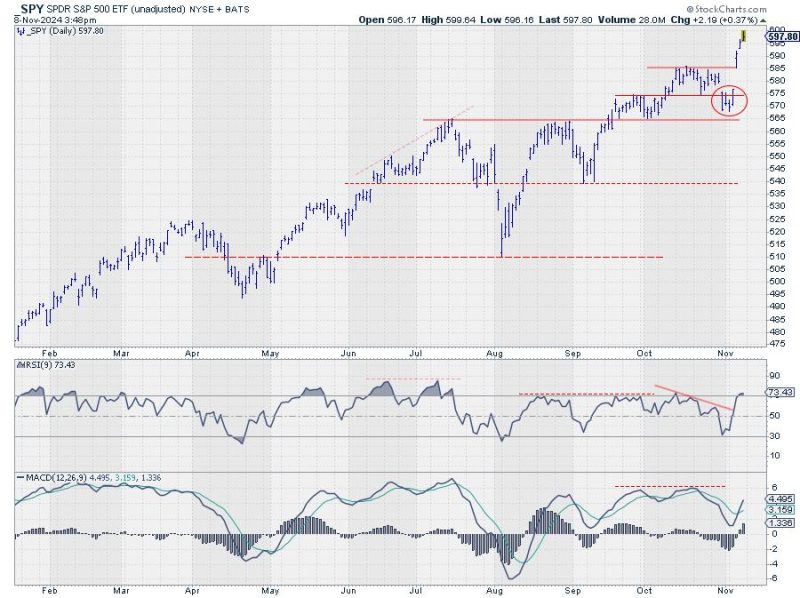The world of espionage and intelligence gathering is constantly evolving, with technology playing a crucial role in shaping the strategies and tactics used by spy agencies around the globe. In recent years, three key sectors have emerged as leaders in bringing the art of spying back to offense, enabling agencies to stay ahead of threats and adversaries.
1. **Cybersecurity and Information Technology**
The rise of cyber threats has propelled cybersecurity to the forefront of modern espionage activities. Spy agencies are increasingly investing in cutting-edge technologies to protect their own networks and infiltrate those of their targets. Advanced hacking tools and techniques are being used to gather intelligence, disrupt enemy operations, and even launch cyberattacks. The ability to exploit vulnerabilities in digital systems gives intelligence agencies a significant advantage in the modern age of information warfare.
2. **Artificial Intelligence and Machine Learning**
Artificial intelligence (AI) and machine learning technologies are revolutionizing the way intelligence agencies process and analyze vast amounts of data. These tools enable agencies to sift through terabytes of information to identify patterns, predict enemy behavior, and uncover hidden threats. By leveraging AI algorithms, spy agencies can enhance their decision-making processes and gain valuable insights from disparate sources of information. Machine learning also plays a crucial role in developing autonomous systems for surveillance and reconnaissance missions.
3. **Biotechnology and Genetic Engineering**
Advancements in biotechnology and genetic engineering are opening up new frontiers in the field of intelligence gathering. Spy agencies are exploring the use of biological agents for covert operations, including targeted assassinations and sabotage. Genetic profiling and manipulation could potentially be used to create personalized bioweapons or track individuals based on their unique DNA signatures. The ability to harness biological data for intelligence purposes presents both opportunities and ethical challenges for spy agencies operating in this rapidly evolving domain.
By combining the capabilities of these three key sectors, intelligence agencies are able to take a proactive approach to national security threats and maintain an offensive posture in an increasingly complex and volatile global landscape. As technology continues to advance and new frontiers emerge, the role of espionage in safeguarding state interests will only become more critical, requiring spy agencies to adapt and innovate in order to stay one step ahead of their adversaries.

